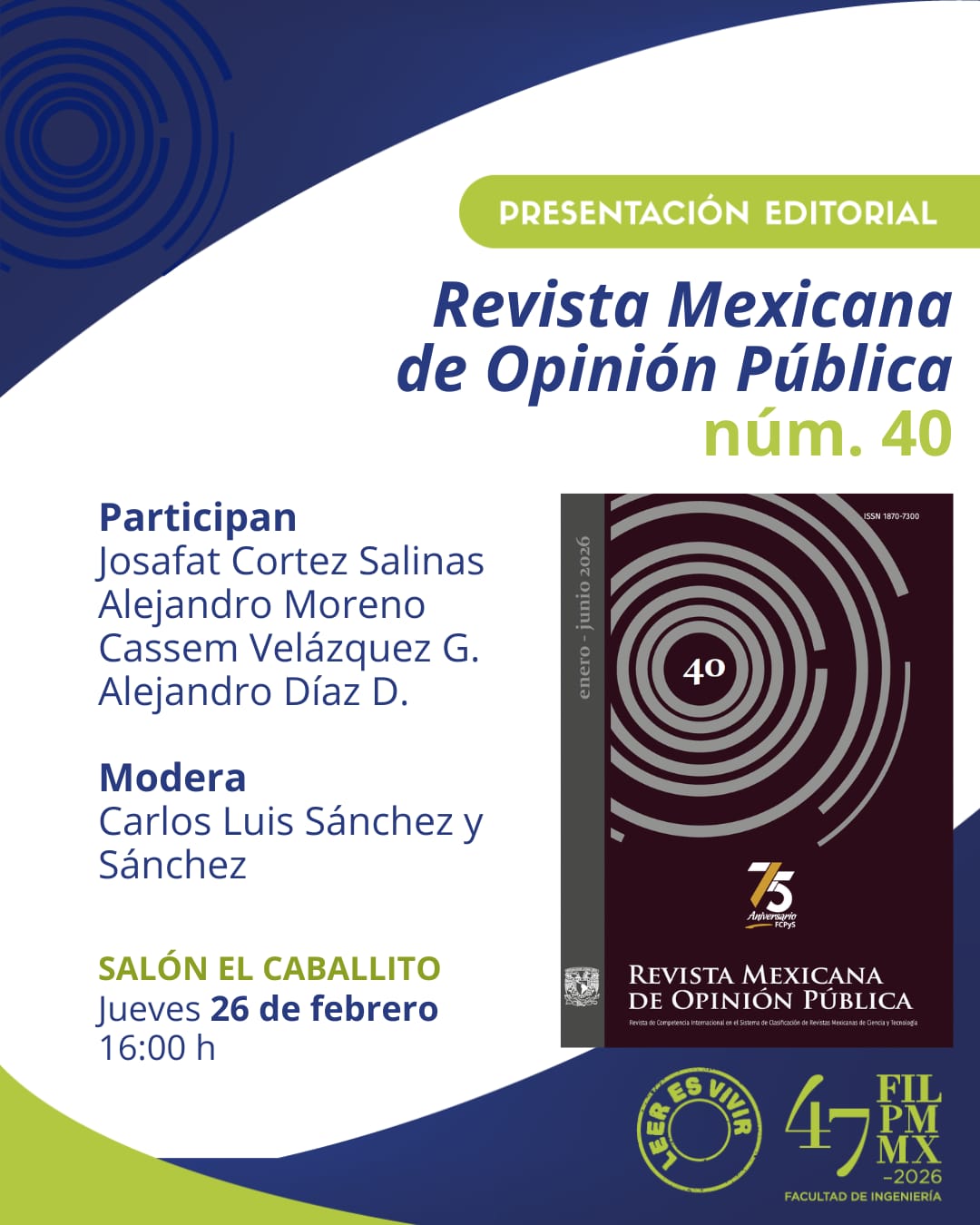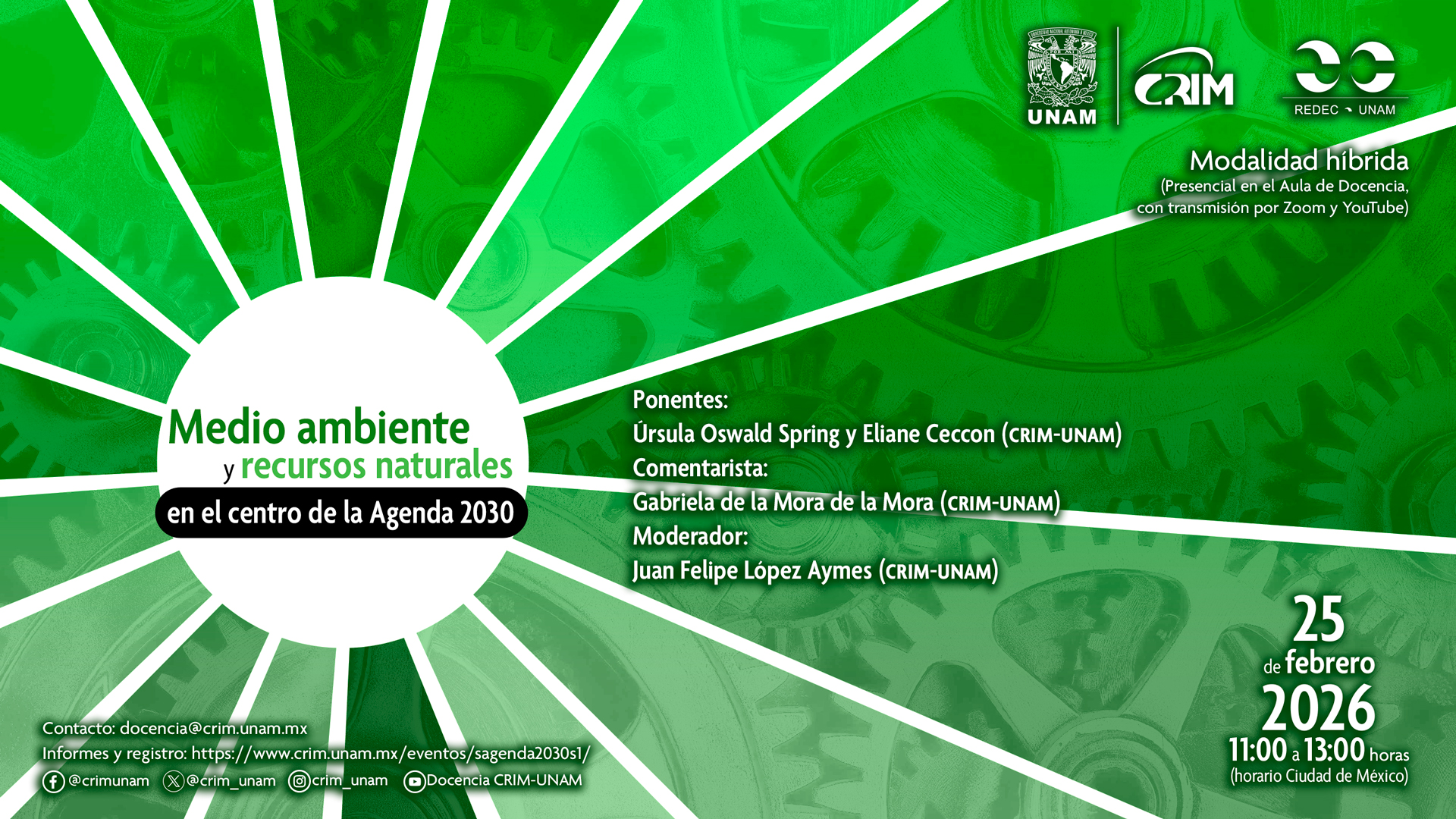The Resignification of Political Mobilization and Participation
The Resignification of Political Mobilization and Participation During and After the Covid-19 pandemic
Abstract
The last two years have seen social movements and political participation put to the test due to the Covid-19 pandemic. The pandemic has meant and still means the shrinking of public spaces for protest in many countries. At the same time, digital media have allowed political participation and mobilization to continue even in social distancing measures. Thus, social movements, their mobilizations, and political participation from below have by no means disappeared during the pandemic period. On the contrary, their presence has allowed maintaining a high level of attention on many contentious issues worldwide. However, over the last two years, what seems to have changed is polarization and resignification concerning the contentious issues on and for which people mobilize. Mobilization on topics such as climate change, anti-racism, human rights (e.g., with a view to current migration policies), and gender issues also in an intersectional perspective continues to be prominent. Yet prominent is also mobilization in the name of nativism, racism, sexism, authoritarianism and defence of privileges and freedoms, often interpreted as freedoms at the expense of others (see, among others, the ongoing protests against public health measures to mitigate the Covid-19 pandemic, but also nativist responses to global climate change policies). In short, The Covid-19 pandemic has transformed not only modes of collective action and forms of public protest but also the contentious issues that are being acted on in such a way that a resignification of political mobilization and participation along the whole political spectrum.
Starting from these premises, this section is a space to reflect on social movements and political participation today, two years after the pandemic began in early 2020. Through a plural gaze and accommodating different theoretical and methodological traditions, the section aims to take stock of how social movements organize, mobilize and disseminate in present times. At the same time, the section wants to be a space to reflect on some themes that commonly run through the studies on social movements and political participation. The call is open to empirically grounded but also social theory-informed or -driven accounts of current shifts in the fields of social movements and political participation. It also welcomes contributions from contexts other than Western ones.
The section will include Panel and Paper proposals linked, but not limited to, the following themes:
- Social movements, political participation and the Covid-19 pandemic
- Political participation and social movements around climate change
- Gender-oriented mobilizations and social movements
- Social movements and political participation around migration issues
- Social movements, political participation and the resignification of liberal democracy
- Social movements, political participation and authoritarianism/the far right
- Social movements, political participation and algorithmic automation
- Social movements and political participation in hybrid regime countries
- Digital media, social movements and political participation
- The diffusion of social movements and contentious collective action
- The effects of political participation and social movements
- Emergent methods for studying social movements and political participation
Please look at the Section page in the ECPR website for more detailed information on the Section and the related call.
The deadline for panels and papers submission is February the 16th. Panels with Papers can be submitted here, while Individual Papers can be submitted here.
Te puede interesar
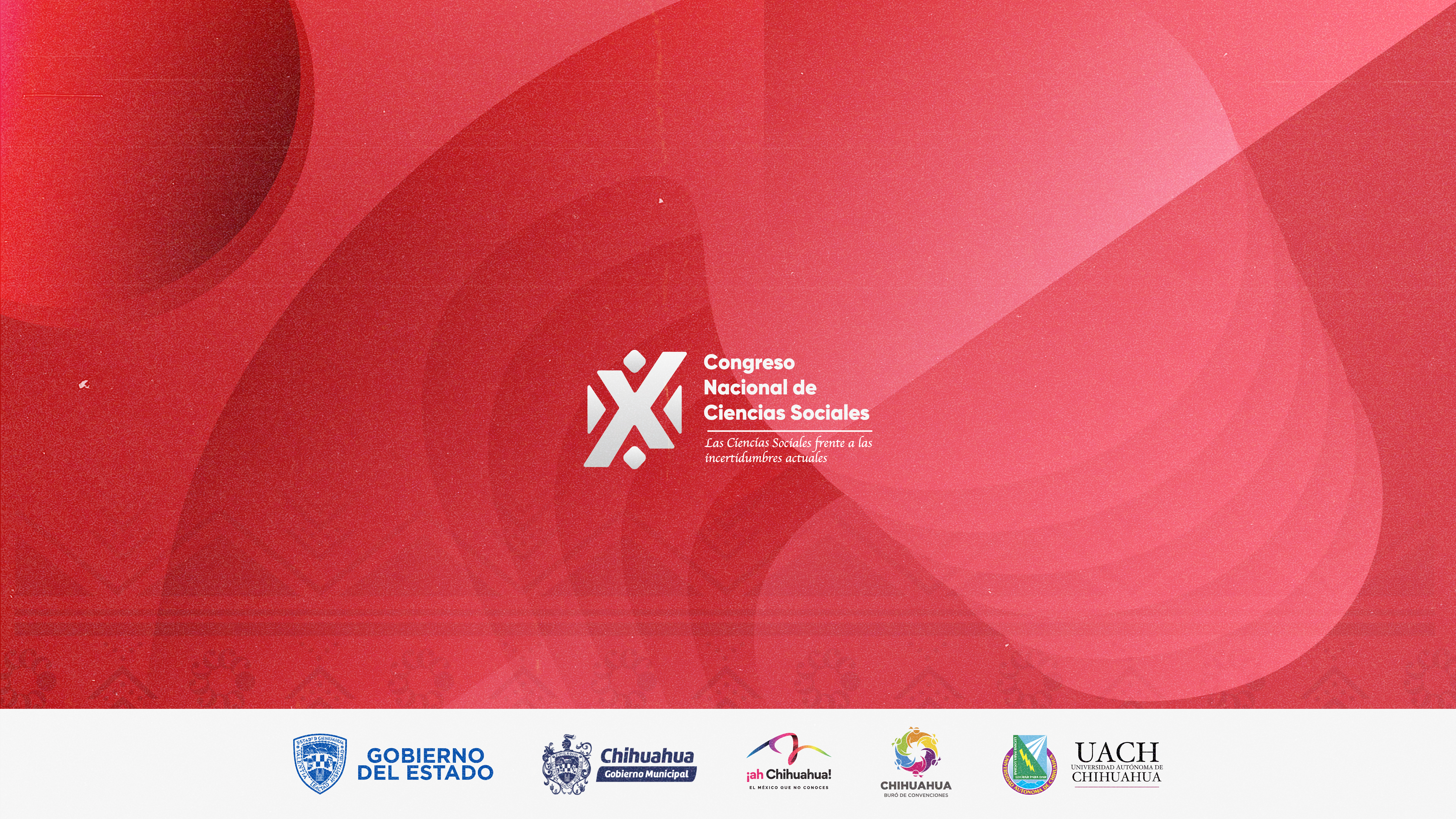
Convocatoria Feria del libro
Laura Gutiérrez - Feb 18, 2026FERIA DEL LIBRO X CONGRESO NACIONAL DE CIENCIAS SOCIALES “Las Ciencias Sociales frente a las incertidumbres actuales” INVITACIÓN Información general…

Hoteles con convenio | X Congreso Nacional de Ciencias Sociales
Laura Gutiérrez - Ene 28, 2026X Congreso Nacional de Ciencias Sociales Las Ciencias Sociales frente a las incertidumbres actuales del 23 al 27 de marzo…

Memorias del IX Congreso Nacional de Ciencias Sociales
Roberto Holguín Carrillo - Jul 02, 2025IX Congreso Nacional de Ciencias Sociales Las ciencias sociales y los retos para la democracia mexicana. Realizado en el Instituto…
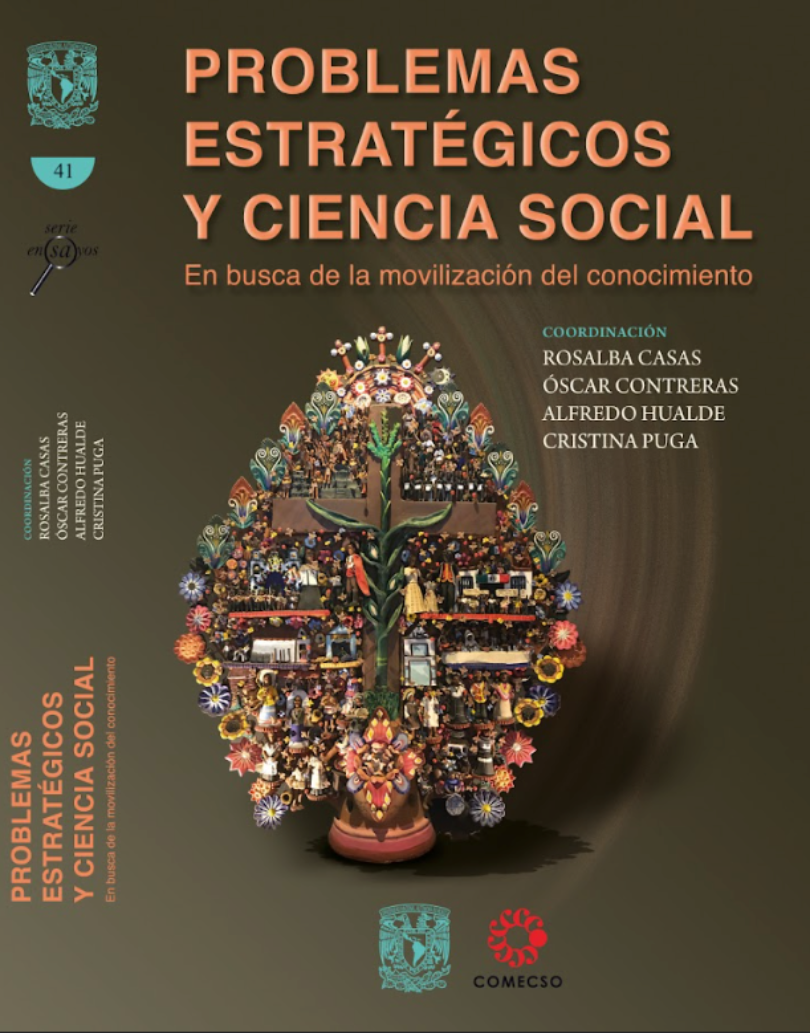
Problemas Estratégicos y Ciencia Social
comecso - Feb 18, 2026¡Nueva publicación, ineludible para quienes se desarrollan en el ámbito de las Ciencias Sociales! Nos complace anunciar la reciente publicación…
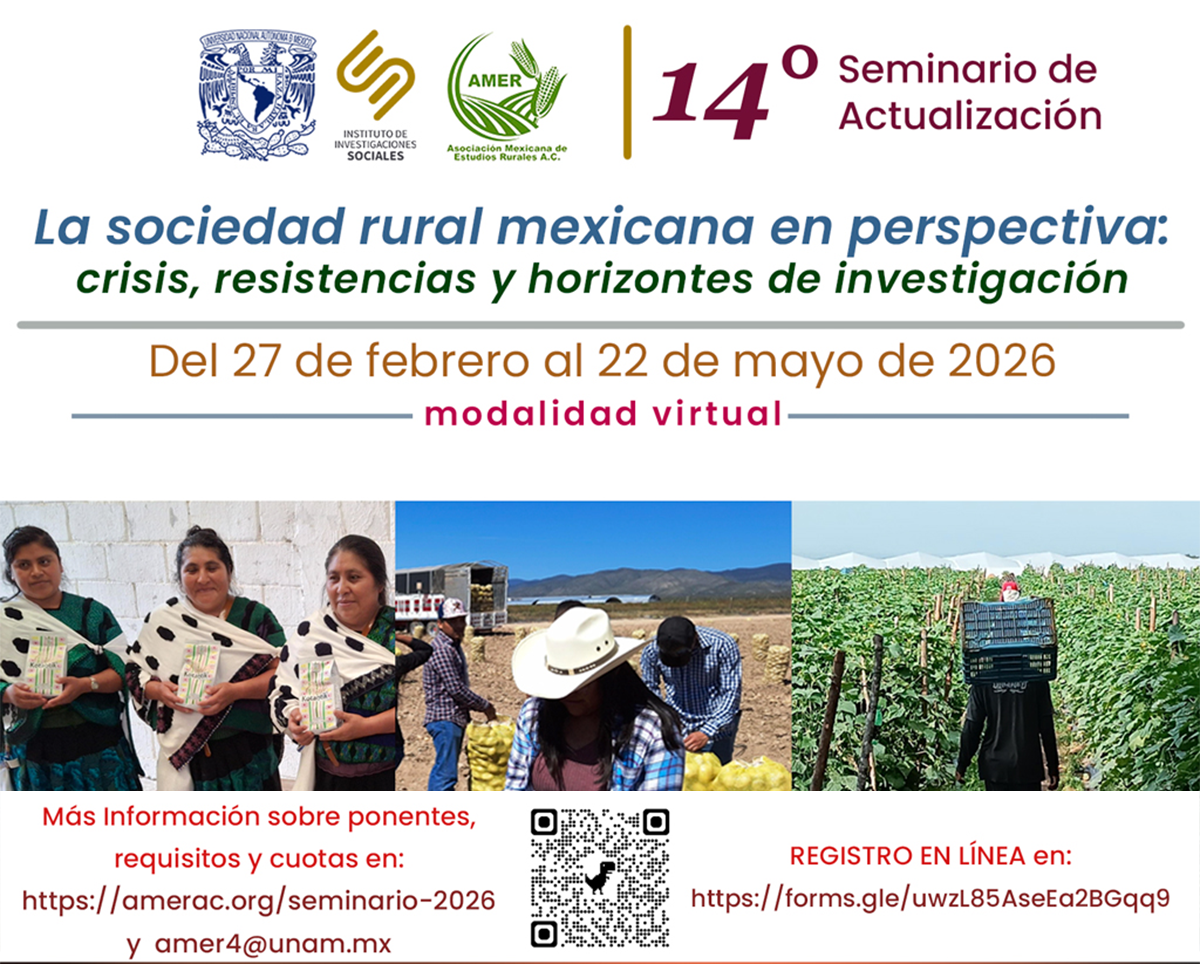
La sociedad rural mexicana en perspectiva
Laura Gutiérrez - Feb 18, 2026Universidad Nacional Autónoma de México, Instituto de Investigaciones Sociales y la Asociación Mexicana de Estudios Rurales, A.C. 14° Seminario de actualización…






